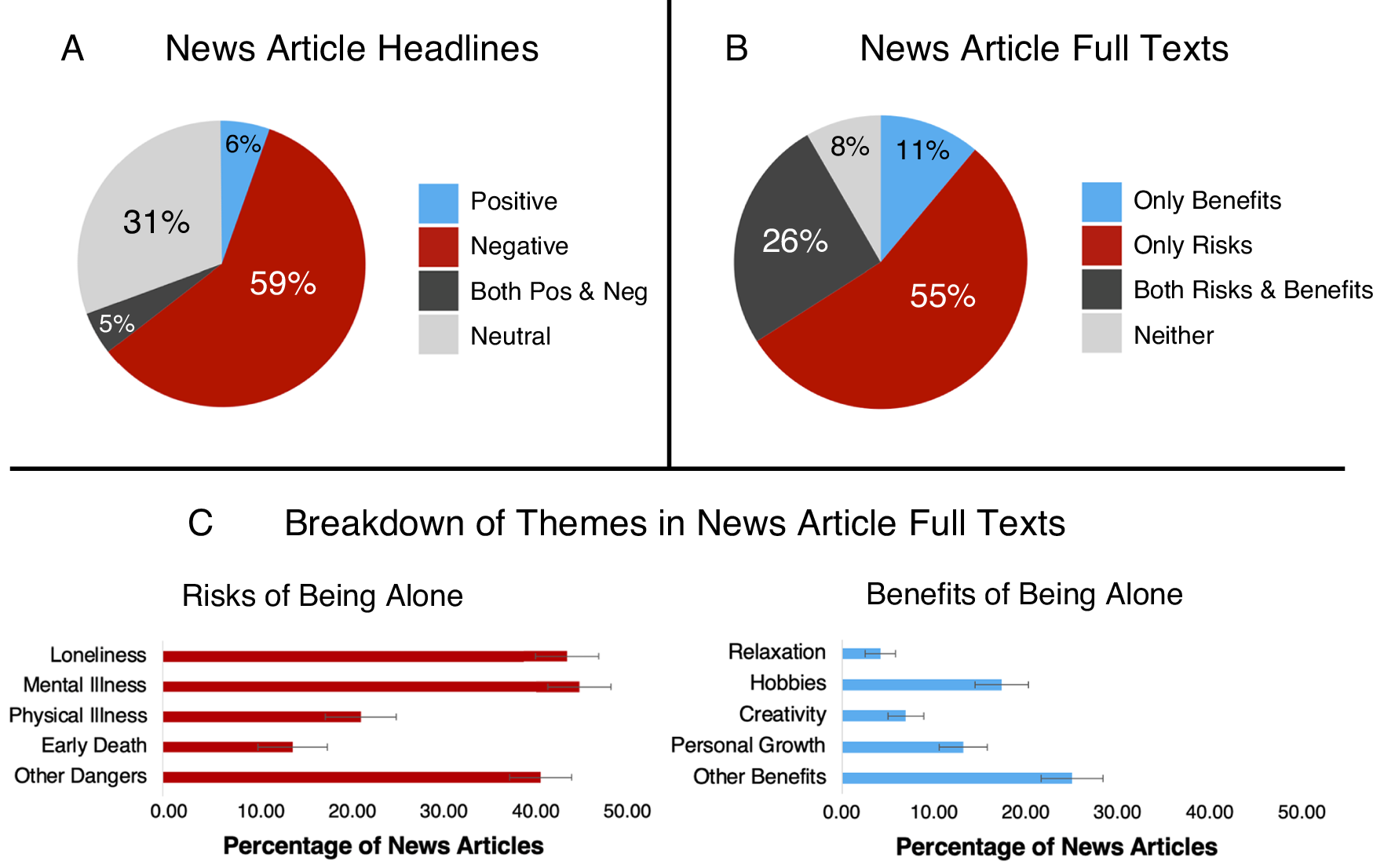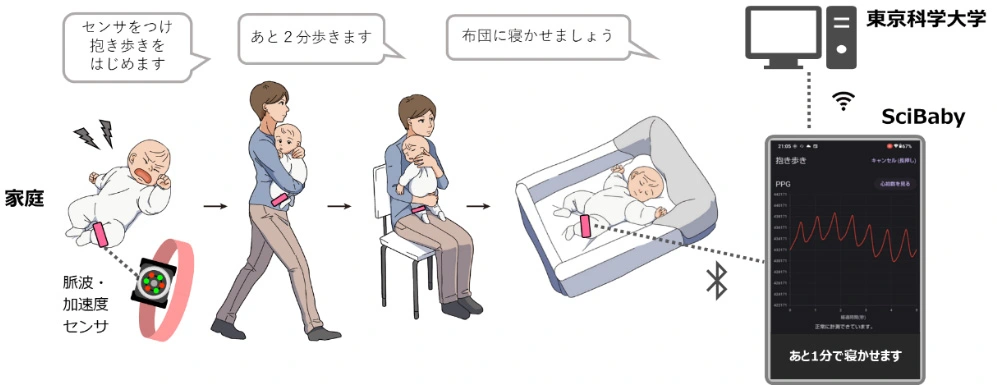2025-02-26 ミシガン大学
<関連情報>
- https://news.umich.edu/the-loneliness-paradox-how-media-narratives-shape-our-solitude/
- https://www.nature.com/articles/s41467-025-56764-3
人は一人であることをどのように考えるかが、孤独の経験を形成する How people think about being alone shapes their experience of loneliness
Micaela Rodriguez,Kathryn E. Schertz & Ethan Kross
Nature Communications Published:13 February 2025
DOI:https://doi.org/10.1038/s41467-025-56764-3

Abstract
Loneliness is a widespread issue routinely targeted by the media and public health campaigns. We propose that these efforts, though well-intentioned, may exacerbate this problem by negatively influencing a potential driver of loneliness: people’s beliefs about being alone. Supporting this thesis, we show that contemporary U.S. news articles are 10 times more likely to describe being alone as harmful than beneficial (Study 1, N = 144 articles) and that exposure to such articles causally impacts people’s beliefs about being alone (Study 2, N = 456). Further, a 2-week experience-sampling study (Study 3, N = 161) demonstrates that people with negative beliefs about being alone experience a steep increase in loneliness after spending time alone in daily life, whereas those with positive beliefs feel less lonely after spending time alone. Finally, multi-national studies demonstrate the generalizability of these results across nine countries spanning six continents (Studies 4 and 5, N = 2930). Together, these findings reveal the critical role of beliefs about being alone in shaping loneliness.


